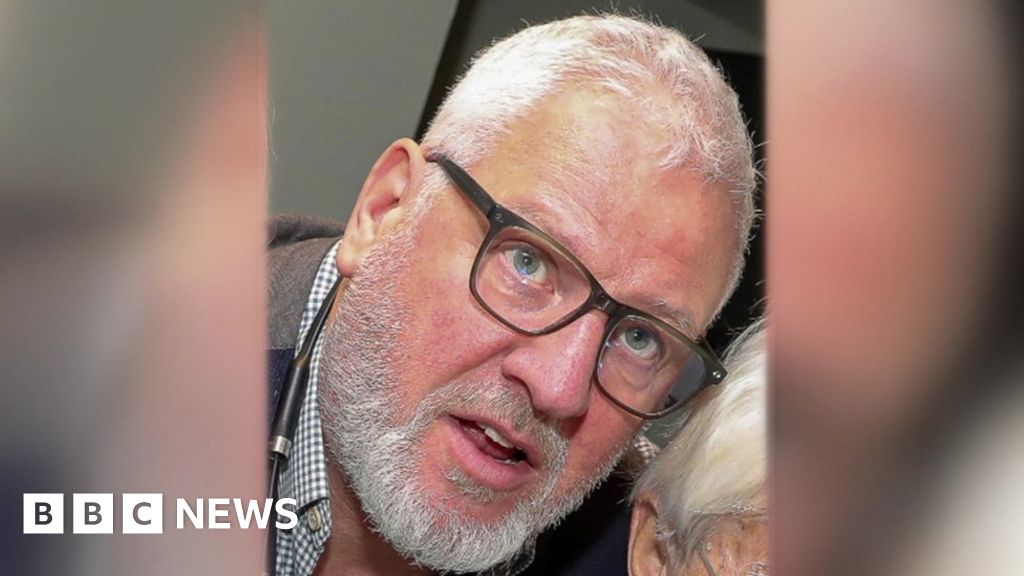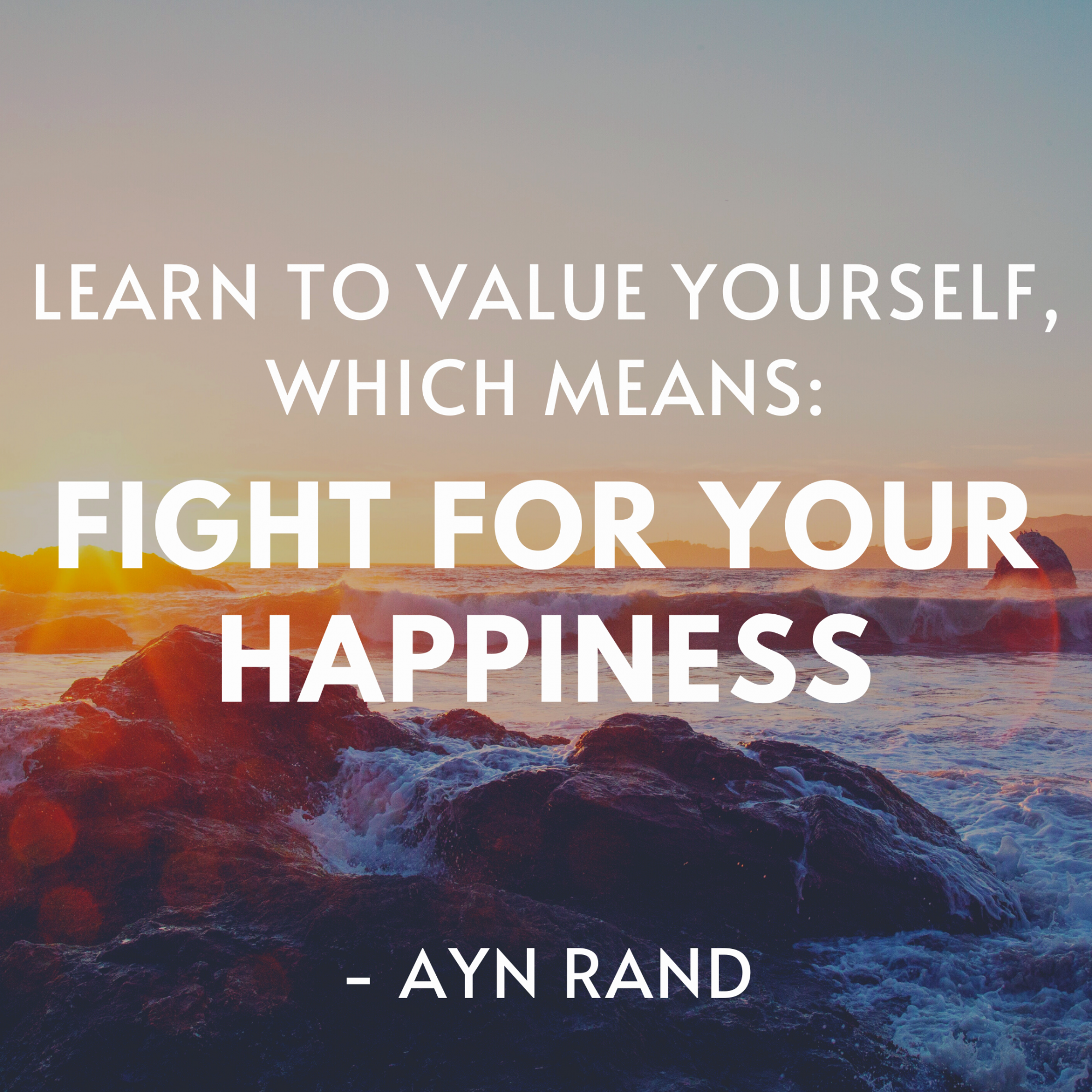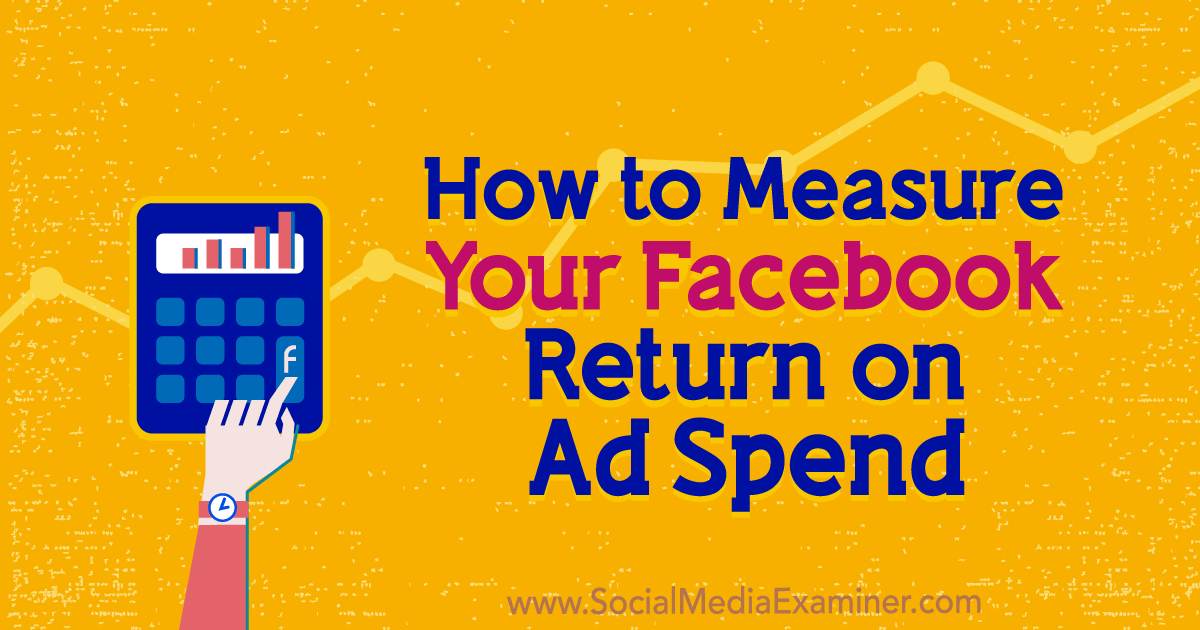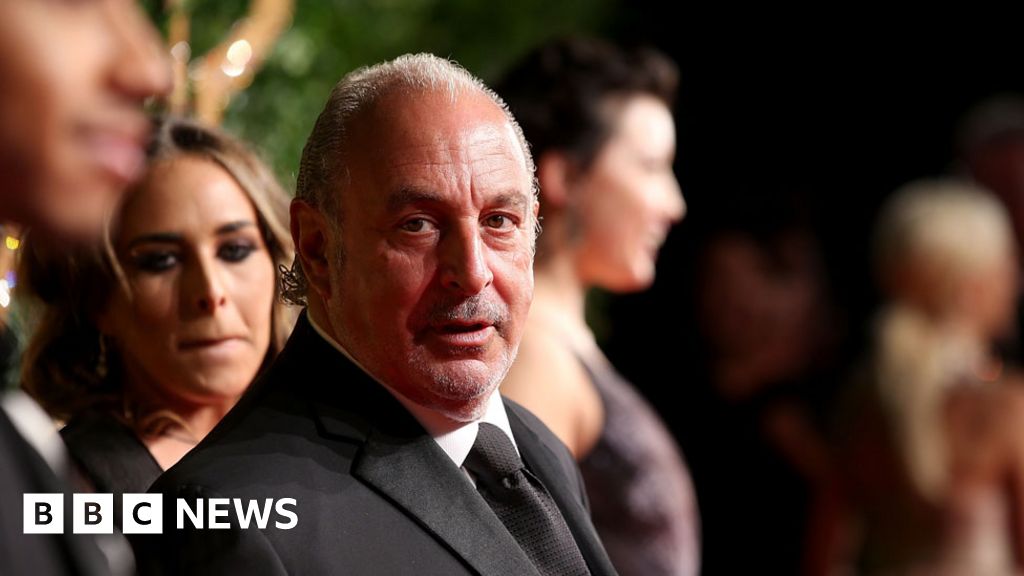
When deciding on long- and short-term goals, perhaps the Goldilocks and the Three Bears fable best exemplifies a healthy process.
If you aim too high, not attaining them can be too hot.
Aim too low, and your motivation could get cold.
Setting the best goals for your needs is a lot like serving porridge, it needs to be just right.
That being said, there is no right recipe or perfect temperature that works for everyone.
Goals, like porridge, is not a one type fits all product. The happy medium goal for each of us can be vastly different from that of others.
Although one common way of thinking is to avoid overreach, aiming too small can also be problematic.
Consider these ways to identify goals that are lacking in some sense.
[embedded content]
1. Your Goals Do Not Challenge Your Abilities
Striving for improvement, achievement and success are inherently difficult.
The underlying idea about setting and reaching life goals is that these things take effort.
Making a hardboiled egg requires putting water in a pan, turning on the stove, dropping in an egg and waiting.
The little feeling that occurs during the egg-boiling process hardly sets your blood coursing through your veins.
Small, everyday duties do not inspire us or push our limits in the slightest.
When your goals do not ask you to work harder, maintain a laser focus or get the blood pumping, it’s important to aim a tad higher.
A healthy goal forces us a little out of our comfort zone.
2. Your Goals Do Not Create Substantial Life Change
Consider a goal of increasing your wealth by 1 percent or taking a 10-day vacation over last year’s one-week getaway.
Such modest changes would hardly result in a significant improvement on the financial or leisure fronts. That’s because they are not even remotely game changers.
Robust goals take your current situation and enhance it to a noticeable level.
For example, a 5-percent income boost might help you build a deck, purchase a new car or travel to a faraway tropical island for a dream vacation.
A 10-percent uptick could do even more.
While money and leisure are among the more common tangible measures, vibrant goals result in a life change that you experience on a personal level.
Goals that don’t impact you in a meaningful fashion are often too small.
3. Your Goals Do Not Inspire You
If you have ever played sports or competed in some manner, the feeling that the game is on the line is a moment of pure passion.
You want to win and so do others. You all feel amped, and life goals should be no different.
This is not to say that everyday people need to try out for the NFL to gain a high level of motivation.
But inspirational goals garner your focus and call on your inner self to focus and stay on task.
They have a pull that draws your attention and makes you want to achieve.
One of the indicators that a goal is too small trails back to your lack of enthusiasm.
4. Your Goal Lacks Specific Details
The idea of getting more fit or earning more money sounds great.
It may even look good as one sentence on a piece of paper in a fortune cookie sort of way.
But serious goals include some level of detail that underscore your determination to reach them.
Take the example of losing 10 pounds in the upcoming year.
A general idea is fine, but specifics about dietary changes, exercise regimens, and other essential details about how to get from today to the day you earn the win are often necessary.
Such information also helps hold your feet to the fire, so to speak.
Without details, details, details, your goal may be too small.
When developing a committed action plan to set and achieve goals, it’s important that your expectations are realistic, substantial efforts are required, and you are fully invested.
There’s no reason your porridge should be too hot or too cold.
Not sure where to start? Download my SMART Goals Template below and take the right steps towards achieving all of your goals!
« Previous Post
3 Things To Do Before Planning Your 2019 Goals
Next Post »
How to Become an Author: The Ultimate Guide to Write & Publish Your Book
About Brian Tracy — Brian is recognized as the top sales training and personal success authority in the world today. He has authored more than 60 books and has produced more than 500 audio and video learning programs on sales, management, business success and personal development, including worldwide bestseller The Psychology of Achievement. Brian's goal is to help you achieve your personal and business goals faster and easier than you ever imagined. You can follow him on Google+, Twitter, Facebook, Pinterest, Linkedin and Youtube.















































